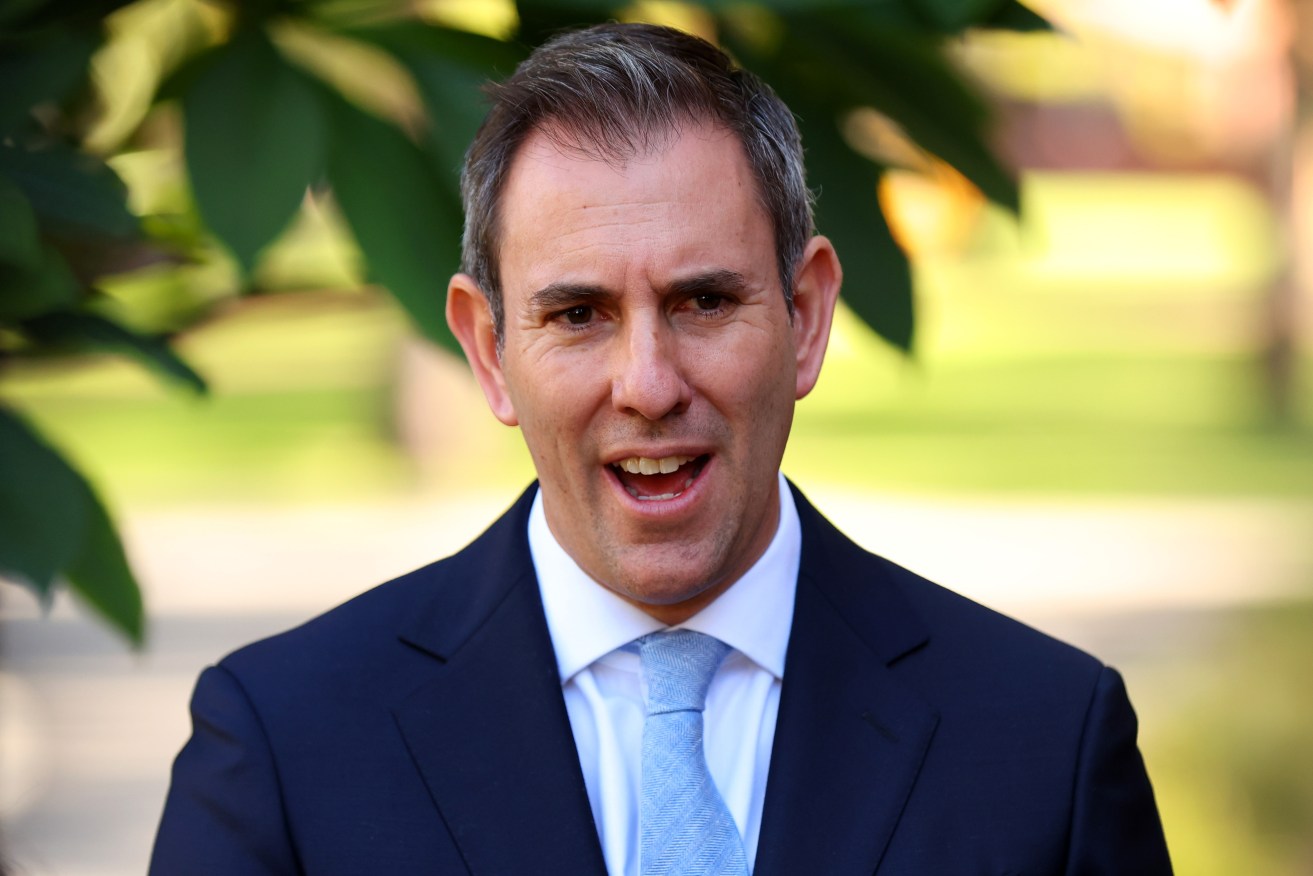RBA’s ‘major change’ as Chalmers appoints British deputy


Treasurer Jim Chalmers has promised that the Labor government won't tinker with negative gearing. Photo: AAP
Australia’s central bank would be run by two separate boards, with one focusing just on interest rates, under an overhaul of the RBA designed to ensure decisions about mortgage bills are thoroughly deliberated, it was confirmed on Monday.
Treasurer Jim Chalmers said draft legislation set to be published this week would “strengthen and modernise” the central bank, while also “clarifying its role”.
Chalmers appointed Bank of England economist Andrew Hauser as the next deputy governor of the RBA, a rare external appointment of an expert who will help shepherd the central bank through its biggest changes in decades.
University of New South Wales Professor Mark Humphery-Jenner said the split board structure was a “major change” to the way the RBA functions, reflecting a focus on strengthening central bank decisions and boosting accountability.
There are, however, reservations about the role of the Treasurer in appointing RBA board members, warned Humphery-Jenner.
He said that while doubling down on expertise and decision-making with a monetary policy board “makes a lot of sense” it could be hurt by the potential for political appointments.
“They’re appointed by the Treasurer, and that means you could end up with people who don’t really have the expertise and they are political friends,” he said.
“The devil is really in the details and we need to be careful that there are controls.”
Symbolic gesture
Against that backdrop, the Treasurer has made a symbolic gesture towards the independence of the RBA by deciding to axe a longstanding but never used power in current laws that empowers the government to override an interest rates decision.
Although no Treasurer has ever vetoed the central bank, the Greens have in recent months tried to put the government under pressure by demanding Chalmers use the power to lower mortgage bills.
The most significant single reform will split the RBA board structure, separating day-to-date governance functions at the central bank from decisions about interest rates, which will have its own committee.
Interest rates meetings will last longer, allowing for experts to be briefed on evidence and debate the merits of changes more extensively.
And those making the decisions will be able to focus their expertise on interest rates – and by extension mortgage bills – not other matters.
“The split into a management and monetary policy board can make some sense,” Humphery-Jenner said.
“The RBA has a lot of employees, and there are a lot of ordinary employer-type governance things that need to be done by a professional management team.”
The changes come amid heightened public scrutiny over the inner workings of the Reserve Bank Board after more than a year of the most rapid interest rate hikes on record.
More than $1200 has been added to repayments on a typical $500,000, 25-year home loan, with the hike in November yet to hit most families.
That financial squeeze, alongside anger about the RBA’s COVID communications, helped spark an independent review into the central bank that set the stage for reform.
This includes plans to lengthen the duration of interest rate meetings and reduce the number of decisions from 11 to 8 a year. The RBA boss will also begin holding post interest rate meeting press conferences.
RBA’s new deputy
This push to deliver more transparency and accountability at the highest levels of the central bank was evident on Monday when, hours after publishing details about the reforms, the Treasurer appointed former Bank of England economist Andrew Hauser as RBA deputy governor.
Hauser’s appointment is particularly notable because he comes from outside the Reserve Bank, which is something the independent RBA review said had been lacking.
“His appointment strikes the right balance between providing deep central banking experience and offering a fresh, global perspective to the work of the RBA,” Chalmers said.
“He will work closely with Governor Bullock to implement the recommendations of the review of the Reserve Bank of Australia, including a stronger monetary policy framework for the benefit of all Australians.”








